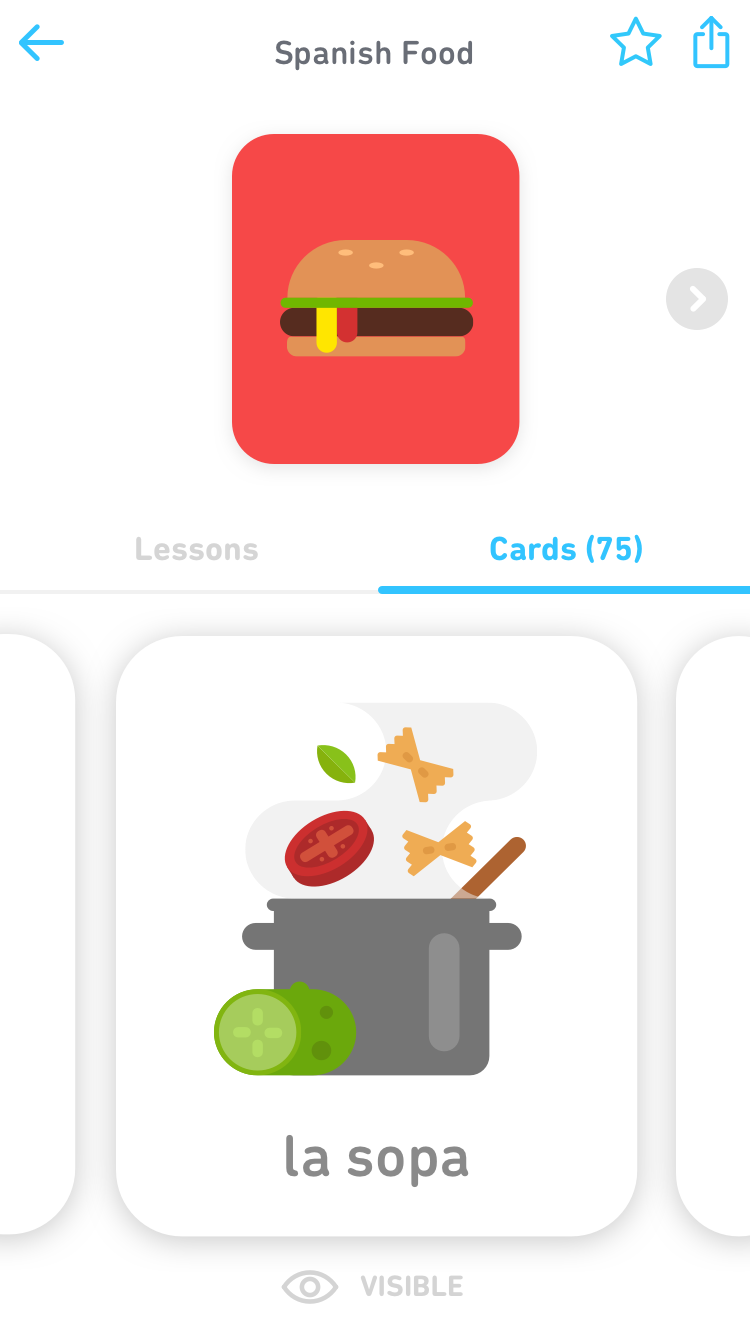Duolingo Brings Tinycards Test Prep App to Android
Tinycards, a study app from the language learning company Duolingo, on Thursday released a free version for Android devices.

Learners can access more than 200,000 flashcard decks in Tinycards. Image: Duolingo.
Duolingo is best known for its science-based education platform used by more than 200 million users worldwide. Tinycards is a study aid designed for both K–12 and college students, which employs a spaced repetition technique and adapts to the individual user. Anyone can create their own flashcards on a topic that they are studying, or search through more than 220,000 existing decks by subject.
In December, Apple named Tinycards as one of its top 10 best iOS apps of 2016. Building off the success, Duolingo launched a web version earlier this year.
The app is now available in the Google Play Store for free.
About the Author
Sri Ravipati is Web producer for THE Journal and Campus Technology. She can be reached at [email protected].